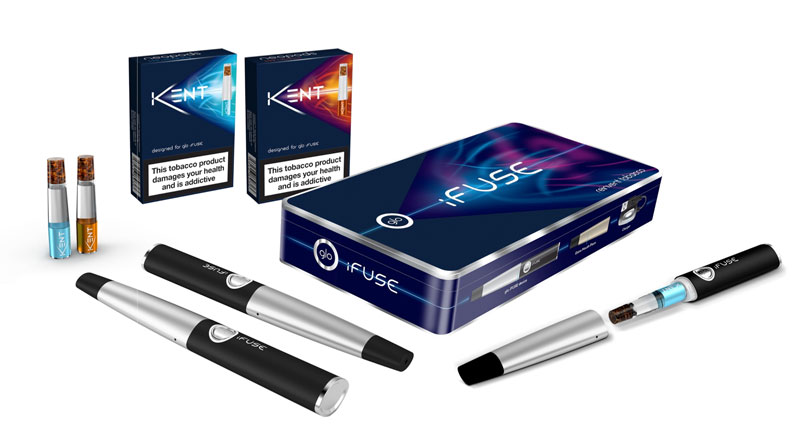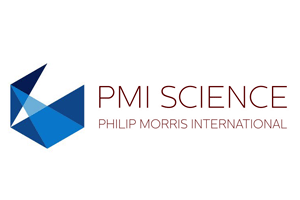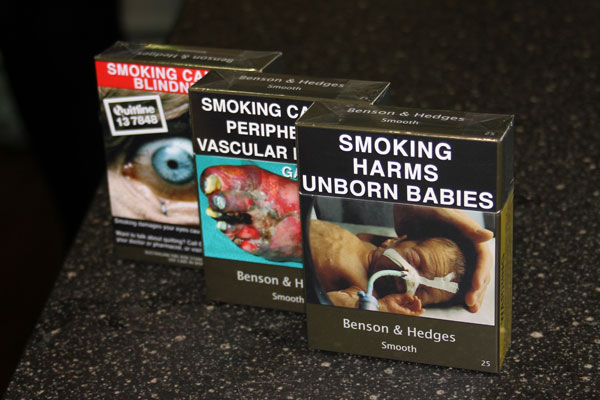Chemical analysis has revealed no detectable difference between the vapors produced by an electronic cigarette (Vype ePen) and a novel hybrid device containing tobacco (iFuse), according to a British American Tobacco press note.
‘Previous research revealed that the levels of nearly all tested toxicants in Vype ePen vapor are much lower than in cigarette smoke,’ the note said.
‘The Royal College of Physicians is among those who say that smokers should switch to e-cigarettes to reduce harm and help them quit smoking. However, some consumers say that they want more tobacco taste.’
To remedy this, researchers at BAT have created a hybrid device, iFuse, that combines the workings of an e-cigarette with a tobacco component. This device heats tobacco rather than burns it.
‘An e-liquid is heated and a vapor is produced that passes through a pod containing tobacco,’ said BAT. ‘Although the tobacco is only gently heated (around 35ºC) by the vapor, this is sufficient to release the tobacco flavour. Consumer testing revealed that this produces a great tasting vapor.
‘Analysing the general vapor composition using non-targeted chemical screening, the scientists could find no significant difference between the vapors generated by the novel hybrid tobacco product and the tobacco-free control product (Vype ePen).’
BAT said also that the iFuse vapor had been assessed for some known cigarette smoke toxicants and substances formed by electronic vaping products, and compared to the control Vype ePen, a reference cigarette (Kentucky 3R4F) and air blanks.
‘Of the 113 compounds tested, only 26 were quantified in the vapor from the hybrid tobacco product,’ the press note said. ‘The classes and levels of toxicants generated by the hybrid tobacco product were similar to those from the control e-cigarette, Vype ePen, and were 92 to >99 percent lower on a per-puff basis than those in smoke from the reference cigarette. Many of the analytes quantified in the hybrid tobacco product vapor were at levels comparable to those in air blanks.’
Dr. James Murphy, head of reduced risk substantiation at BAT was quoted as saying that, overall, the novel hybrid tobacco product provided a great tobacco flavor but maintained a toxicant profile similar to that of Vype ePen with significantly lower levels of some key toxicants compared to cigarette smoke.
The results were published in the journal Food and Chemical Toxicity (DOI: 10.1016/j.fct.2017.05.022)).










